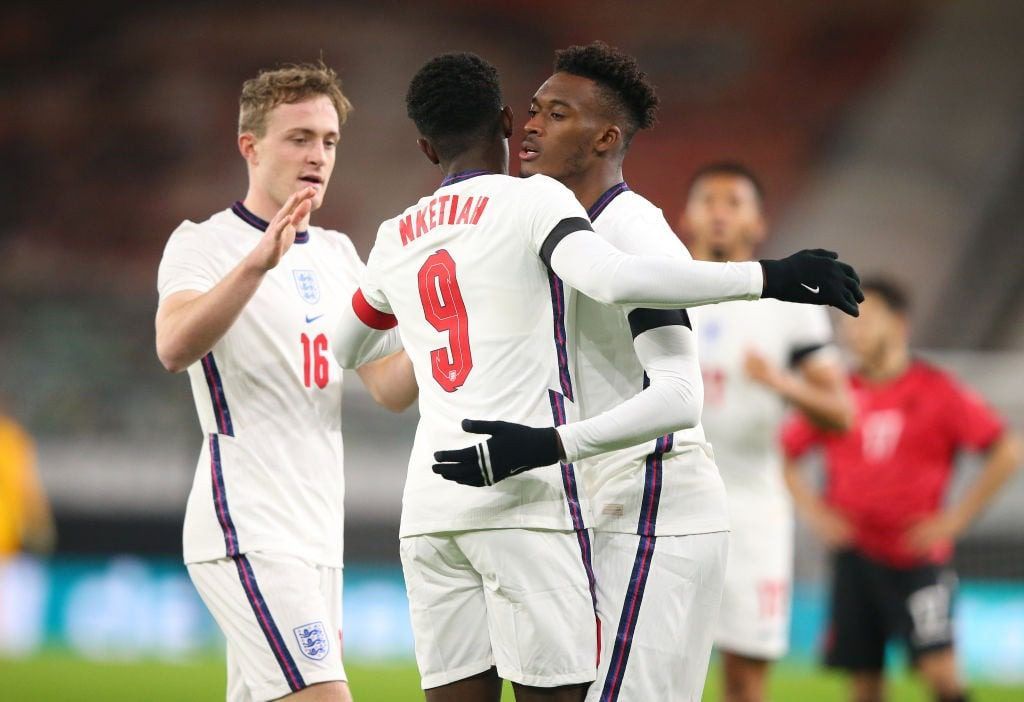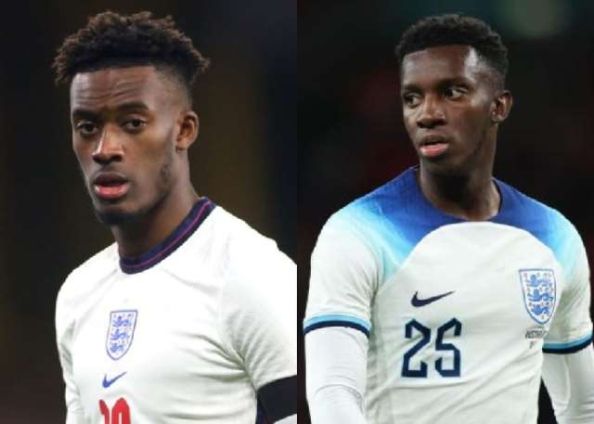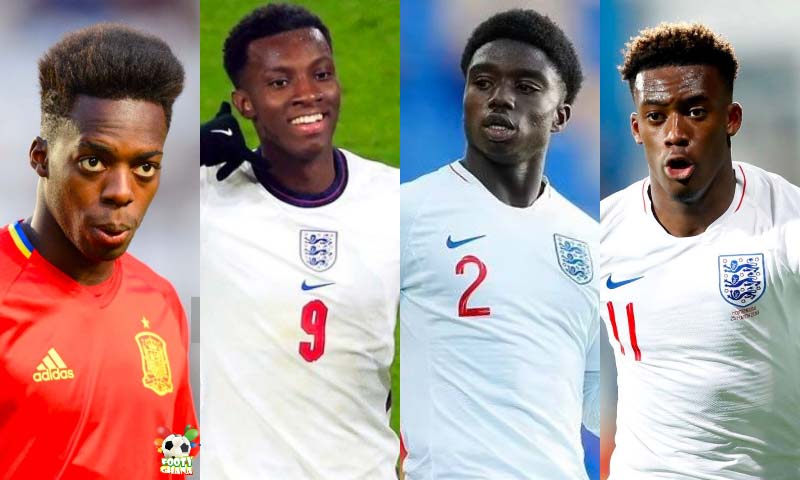The Ghana Football Association (GFA) and national team coach Otto Addo are currently navigating a pivotal moment in squad building ahead of the 2026 FIFA World Cup. Central to their strategy is recruiting talented players of Ghanaian descent (dual nationals) who currently represent or are eligible for other nations. While some have already committed, several high-profile names remain in the queue, prompting questions about timing, loyalty, and fit.
Ghana’s national team has long tapped into its diaspora to strengthen its talent pool. Players like André Ayew (France-born), Iñaki Williams (Spain-born), Tariq Lamptey (England-born), and Stephan Ambrosius (Germany-born) all switched allegiance and reinforced the Black Stars (Ghana FA) ahead of the 2022 squad. Yet Coach Addo has made it clear: the door isn’t open for just anyone. Speaking in October 2025, he stated: “We will look at each case individually… there are players we’ve been chasing since 2021 who didn’t respond.” This underscores a new message around commitment, not just talent.
Who’s currently in the recruitment spotlight?
Among the most discussed are England-born attackers Eddie Nketiah (Crystal Palace) and Callum Hudson-Odoi (Nottingham Forest). Both qualify for Ghana through parentage and have been the subject of high-level interest from Ghana’s sports ministry and FA. The Minister expressed openness to their inclusion, saying: “Every Ghanaian who knows how to play has the opportunity to go to the World Cup… It doesn’t matter if the player was part of the team during the qualifiers or not.”

Admittedly, both players have spoken in the past about allegiance to England. Nketiah made one friendly appearance for England and declined a previous Ghana call-up, but recent reports suggest he has reconsidered. The GFA is monitoring the situation but has not confirmed any switch.
Tariq Lamptey is another example of success in this approach: after representing England at youth levels, he committed to Ghana and made his debut for the Black Stars.
Adding to the list is Joseph Anang, the Ireland-based goalkeeper who previously played for England’s U-20 team and is now eligible for Ghana. He says he is “ready if the chance comes.”
There are also lesser-known prospects, such as Nigerian-born forward Mohamed Diomande, who holds a Ghanaian passport and has been courted by Ghana despite previous ties to Ivory Coast’s U-23 side.
Ghana already qualified for the 2026 World Cup, and the inclusion of high-calibre dual nationals could enhance the squad’s competitiveness on the world stage, especially against top groups in USA/Canada/Mexico. However, the process has implications other than talent. For Ghana, securing players early ensures integration into the team’s culture, tactical setup, and Ghanaian identity.
Coach Addo emphasised that those who ignored the call when earlier approached may not automatically join now: “It’s going to be difficult for players who rejected us in the past… We as Ghanaians need to have some national pride.” The concern, as voiced by former GFA director Ibrahim Sannie Daara, is that players may wait until a World Cup slot is secured before committingechoing the case of Kevin-Prince Boateng, whose late switch in 2010 changed the perception of dual-national commitment.

Challenges and questions that remain
The integration of dual nationals poses tactical, cultural and logistic questions. From a tactical perspective, adding players late in the cycle may affect team chemistry. From a cultural standpoint, Ghana is balancing the need for talent with maintaining local identity and cohesion.
Logistic issues include FIFA eligibility, paperwork for nationality switches, and scheduling. For players who have represented another country at senior or competitive youth levels, they must meet FIFA’s strict “one-time switch” rules. Ghana’s FA has had to navigate these and ensure compliance. Beyond paperwork, the players themselves must commit to Ghana, not just as a fallback option.
One Ghanaian pundit wrote: “Players choosing to represent a country they don’t seem to care for just to play in a World Cup is really weird for me… I’d rather stick the corpse of an Ayew than have opportunistic players leading the line.” While harsh, it captures a genuine concern tied to identity, timing and loyalty.
What to watch in the coming months
Over the next year, key developments will include official announcements of eligibility changes for Nketiah, Hudson-Odoi or others. Ghana’s coaching staff will monitor their club form and responsiveness to national calls.
Meanwhile, Ghana’s existing domestic core must continue performing as many dual nationals will only join if they clearly strengthen the team. The final squad for the World Cup will reflect a mixture of Ghana-based and diaspora talent, but it may also highlight this generation’s rising expectation that dual nationals are not just allowed, but eagerly integrated.
Ultimately, success will be judged not just on who records the highest transfer fees or youth caps abroad, but on those who commit to representing Ghana in full, on and off the field.

